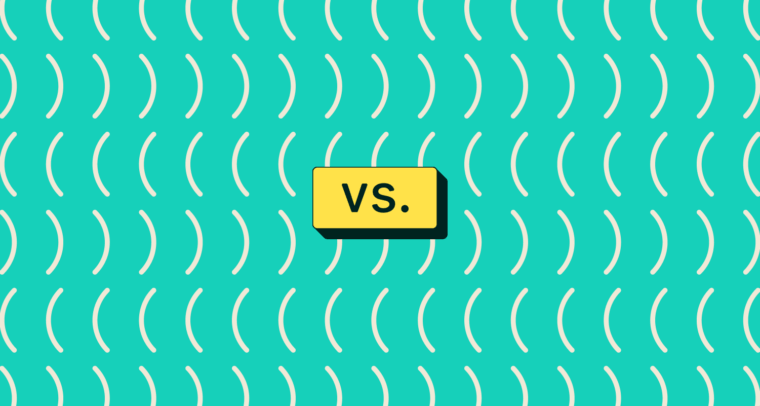Purposely and purposefully are two English words that are often confused. Because they both have the same root, purpose, are both adverbs, and are only a shade apart in meaning, it is no wonder that they are used incorrectly with such frequency.
Here’s how to use them.
The difference between “purposely” and “purposefully”
When you use purposely in a sentence, it should be synonymous with intentionally and on purpose. The opposite of purposely is accidentally.
Theresa intentionally placed her note on the table where her mother would find it.
Theresa placed her note on the table on purpose so her mother would find it.
When you use purposefully in a sentence, it should mean “in a way that shows determination and resolve” or, put more simply, “full of purpose.” The opposite of purposefully would be close to negligently or carelessly. A good example of a character who does things purposefully is Mary Poppins; there is a sensible methodology to everything she does.
That is not to say that one needs to be as “practically perfect in every way” as Mary Poppins to do something purposefully. As long as an action is done with determination, it is purposeful.
“Purposely” and “purposefully” are close in meaning
People who are predisposed toward grammatical hypercorrection often nitpick about the correctness of purposely, presumably because purposefully just sounds more “grammatical.” Yet purposely can be the unequivocally correct choice when it means “on purpose.” Here are some further examples of just how fine a distinction needs to be made when you decide whether to write purposely or purposefully.
Why does this sentence require purposely and not purposefully? The fact that the princess dropped the handkerchief surreptitiously (i.e., she wanted it to appear accidental) precludes the use of purposefully. If the princess had dropped her handkerchief purposefully, her determination would have been overt.
In some cases, sentences can be almost—but not quite—identical in meaning when purposely and purposefully are interchanged.
This sentence suggests that whoever designed the software made it efficient and user-friendly on purpose; its efficiency and user-friendliness are not an accidental by-product of its design. Let’s swap purposely with purposefully and see how the sentence changes.
The meaning of this sentence is virtually the same as that of the first, but it highlights something subtly different. As it now reads, there is more of an emphasis on the fastidiousness of the creators rather than the product itself; we are impressed with images of a team of software designers working diligently to ensure that their customers have the best possible product.
Which word you choose in a situation like this should depend on what angle you wish to take and the point you want to be underscored.
Whether you choose purposely or purposefully, the involvement of purpose in both words suggests the intentional act of a human. (At the outside, it might also be applied to a well-programmed computer or a very smart dog.)
If you feel like a star after learning how to use purposely and purposefully, check out these other commonly confused words.
![]()





